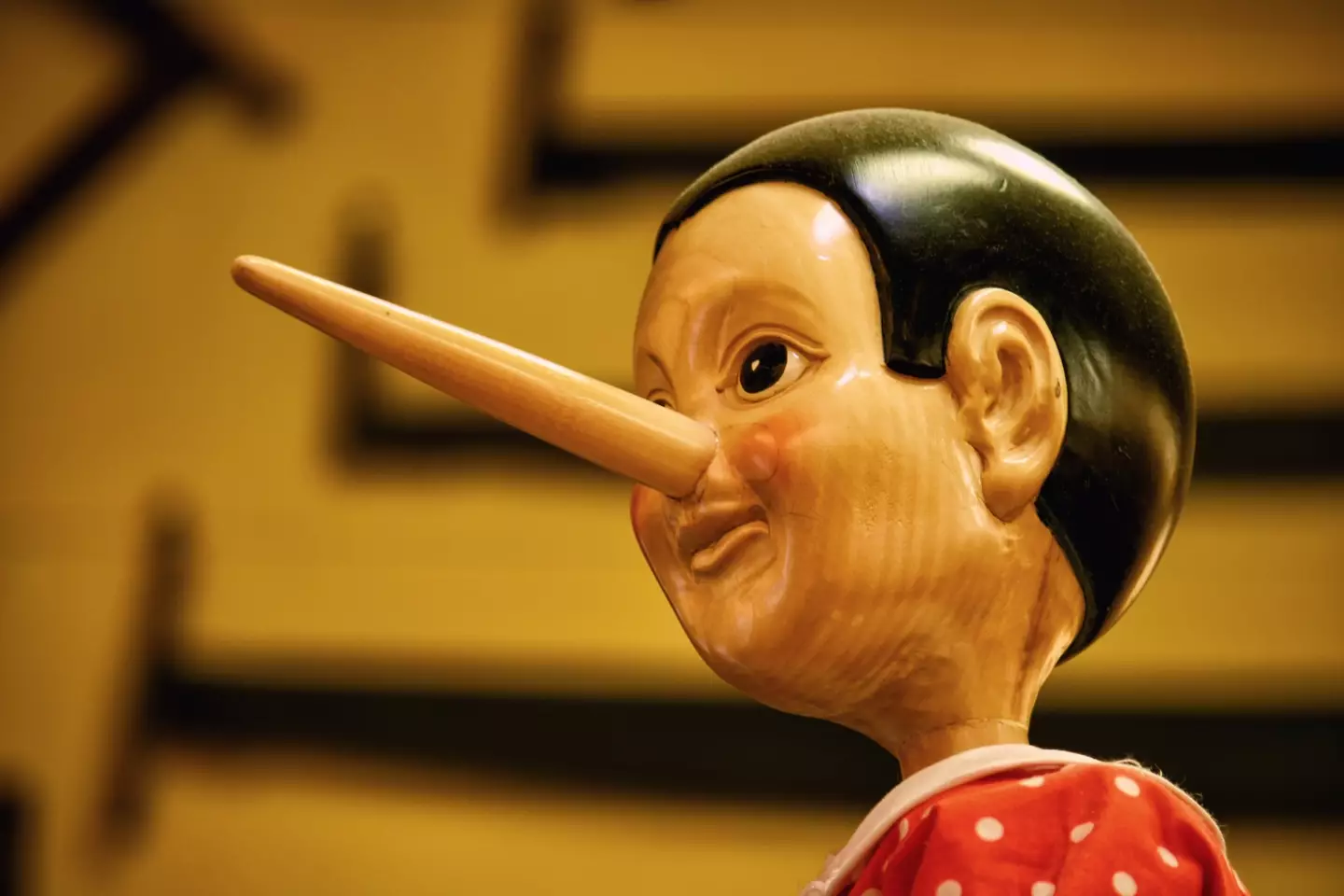
Scientists have shared a technique which can help to weed out whether someone is telling the truth.
There are many ways to tell if someone is telling a lie.
For example, you could find proof that what they're saying isn't true and confront them with it.
But just in case that crucial piece of evidence that would destroy any veneer of credibility is not forthcoming, scientists have come up with another possibility.
Advert
We're not talking about the old technique where you see if someone is scratching their nose, or certain speech patterns.
This is something you have to do when you ask someone a question.
It's also nothing to do with a polygraph test, which isn't actually accurate in telling whether someone is lying at all.

Advert
What it can do is show whether someone is nervous, which you can be when you're telling the truth.
So, what is this technique?
It involves having someone do something else while they are talking to you.
The technique is based on the fact that lying can strain the brain, as it can take more effort to say something that's not true and remember.
Advert
So if you add in another task which is being done parallel to the lying then this will be enough of a distraction for someone to slip up on their own lie.
Professor Aldert Vrij, study author from the Department of Psychology at the University of Portsmouth, said: “In the last 15 years we have shown that lies can be detected by outsmarting lie tellers.
"We demonstrated that this can be done by forcing lie tellers to divide their attention between formulating a statement and a secondary task.”

Advert
Prof Vrij added: “Our research has shown that truths and lies can sound equally plausible as long as lie tellers are given a good opportunity to think what to say. When the opportunity to think becomes less, truths often sound more plausible than lies.
"Lies sounded less plausible than truths in our experiment, particularly when the interviewees also had to carry out a secondary task and were told that this task was important.”
To draw the conclusion, in 2022 researchers gathered 164 people who were allocated to be either liars or truth tellers.
They had tried to guess who was lying and who was telling the truth.
Advert
While they did overall find that liars' stories were less plausible, this effect was enhanced when the liars had a secondary task to perform.
So there you have it, if you get someone to concentrate on something else then it means that they can't formulate a lie quite as easily.
Topics: News, US News, World News, Life
